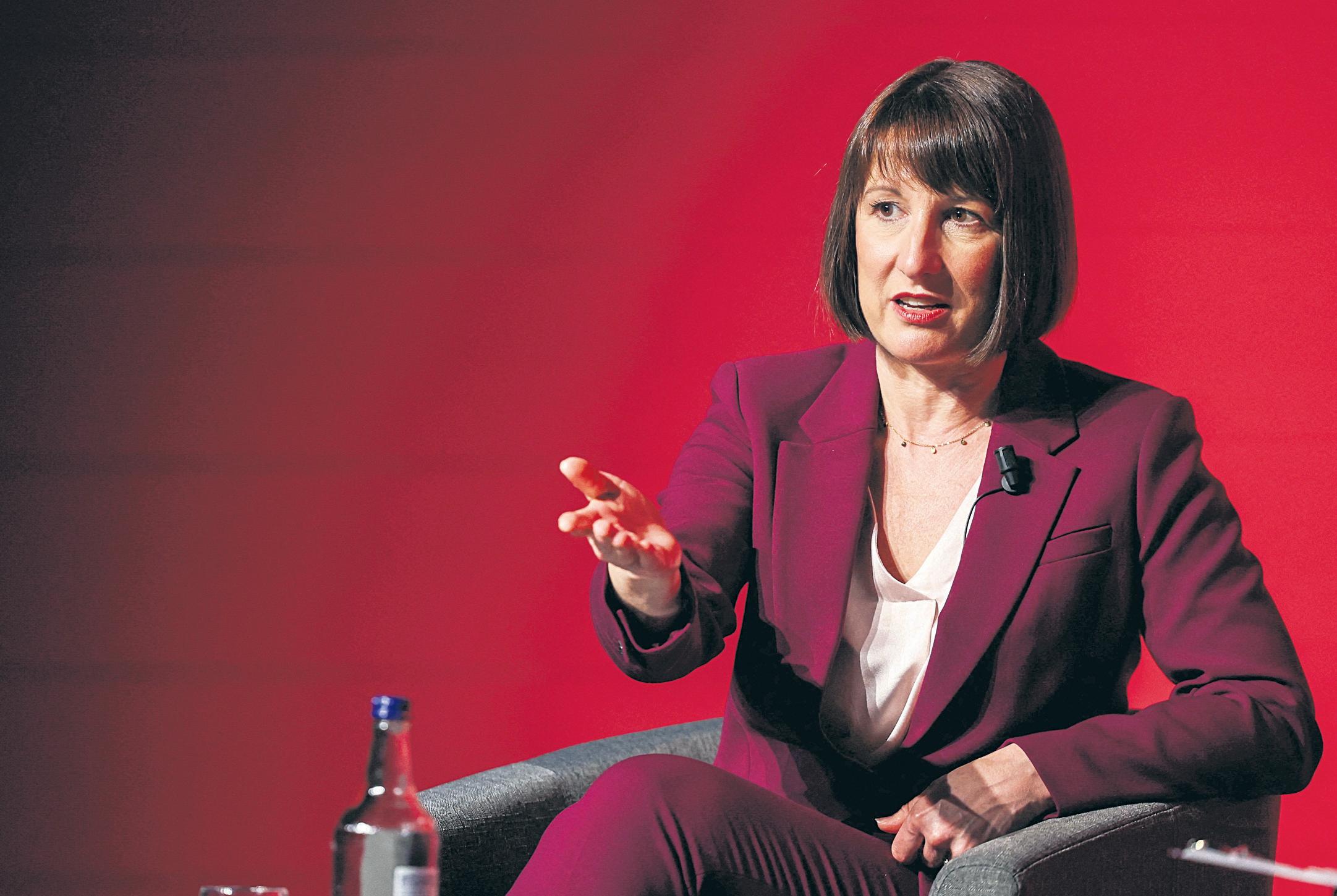Public finances Triple-locked Reeves in a bond market bind

After a rise in the government's borrowing costs, with the 10-year cost of debt hitting the highest level since 2008, the chancellor is in danger of breaking her fiscal rules.
For the past 15 years, western governments were able to rely on financial markets for cheap borrowing. After the 2008 financial crisis, the world's most powerful central banks cut interest rates close to zero while inflation was low, with the aim of helping to reboot economic activity.
Since the pandemic, those trends are now firmly in reverse.
Why are bond yields rising?
Governmental borrowing costs have risen worldwide as investors weigh up the prospects of stubbornly high inflation forcing central banks to hold back from cutting interest rates as far and as fast as hoped.
Inflation rocketed after the exit from Covid lockdowns and the energy shock triggered by Russia's war in Ukraine, leading central banks to drive up interest rates.
Inflation has cooled, but remains more persistent than had been hoped - limiting the scope for further rate cuts.
Is Britain alone?
Part of the problem in the UK is domestic: the resilience of wage growth, service sector prices, and fears that Labour tax and spending measures could stoke inflation.
However, there is also a global dimension: investors fear Donald Trump's tariff proposals could also fuel inflation, forcing the US Fed to keep interest rates higher for longer. Trump's tax-cutting plans could also drive up US national debt, adding to the supply of US Treasury bonds.
هذه القصة مأخوذة من طبعة January 09, 2025 من The Guardian.
ابدأ النسخة التجريبية المجانية من Magzter GOLD لمدة 7 أيام للوصول إلى آلاف القصص المتميزة المنسقة وأكثر من 9,500 مجلة وصحيفة.
بالفعل مشترك ? تسجيل الدخول
هذه القصة مأخوذة من طبعة January 09, 2025 من The Guardian.
ابدأ النسخة التجريبية المجانية من Magzter GOLD لمدة 7 أيام للوصول إلى آلاف القصص المتميزة المنسقة وأكثر من 9,500 مجلة وصحيفة.
بالفعل مشترك? تسجيل الدخول

Trump Will Decide on Iran Attack 'Within Two Weeks'
Donald Trump set a two-week deadline yesterday to decide whether the US will join Israel's war with Iran, allowing time for a negotiated end to the conflict, the White House said.

'I forgot everyone' Ukrainian soldier tells of three years in Russian prison
Despite all they have endured, it does not take much to draw shy smiles from Diana Shikot, 24, and Dmytro Chorny, 23.

From Spree to Seine Wild swimmers take the plunge in urban European rivers
The last time there was full-scale river swimming in Berlin's city centre, before access was outlawed a century ago, there were probably fewer inflatable unicorns and fluorescent pool noodles.

They're arch-terrorists' Netanyahu invokes old debts to justify new war
It was in Beersheba, about 1,000km and 2,500 years from Babylon, that Benjamin Netanyahu suggested yesterday that the time had come for the Jews to repay their ancient debt to Cyrus the Great and bring liberation to Iran.
How company quietly took more of your fare and workers' earnings with new algorithm
Drivers described their days as being controlled by sophisticated computer code which left them unclear how much Uber would take

‘We must be smarter’ Stokes calls on England to learn from weaknesses
As India Test series begins, captain reveals his team are working on new approach for when they are 'up against wall
UK 'behind the curve' on assisted dying, says MP
The UK is \"behind the curve\" on assisted dying among progressive nations, the bill's sponsor, Kim Leadbeater, has said before one of the most consequential votes for social change in England and Wales.

'Normal' Palmer in control from No 10
Modest 23-year-old still likes PlayStation and has taken Hazard's old shirt as Chelsea prepare for Flamengo
Maresca Has Not Spoken to Mudryk About Doping Charge
Enzo Maresca has said he has not spoken to Mykhailo Mudryk since the Football Association announced on Wednesday that the Chelsea winger has been charged with doping offences.
New law requires Rio hospitals to display anti-abortion signs
A law has just come into force in Rio de Janeiro requiring all public hospitals and clinics run by the municipal government to display anti-abortion signs with messages such as: \"Did you know that the unborn child is discarded as hospital waste?\"
